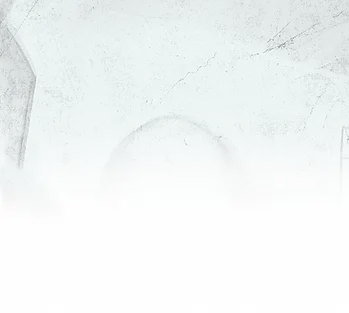Doron Brosh, Maariv
Mar 7, 2025
In the world of ultra-Orthodox education, is "Spare the rod, spoil the child" more than just a proverb? Are beatings a daily and even recommended practice, shaping a generation of traumatized children? On the other hand, is it possible that not a single testimony was found to counter the film’s claims?

No Child Spared is not another friendly glimpse into the fascinating world of our ultra-Orthodox brethren. The cheder—the traditional classroom for boys aged 5 to 13 in ultra-Orthodox elementary schools—is, at least as depicted in the film, often revealed as a window into unbearable cruelty. The violence shown here, if it had taken place in a secular school, would have shocked the nation, likely leading to the immediate arrest of the abusive teacher and principal on charges of assault and grievous bodily harm.
Is "Spare the rod, spoil the child" in ultra-Orthodox education more than just a verse in religious texts? The teacher’s "rod" can take many forms—an iron grip, a belt, a chair leg—any object capable of inflicting pain. Talking to a friend during class, dozing off during the endless 12-hour school day, playing too energetically during recess—any of these can be grounds for a beating. The belief is that without punishment, the child will not internalize the sanctity of Torah study, will not dedicate himself fully to it, and—heaven forbid—if he has a childish tendency to laugh or show lightheartedness, he will grow into a wayward and lost soul.
Several hidden camera recordings in the film show teachers mercilessly beating young students in class. The footage is horrifying in its brutality. The teachers strike repeatedly as the defenseless child screams in pain.
No Child Spared, directed by Meni Philip, himself a former ultra-Orthodox Jew, is a collection of testimonies from former students who endured this systematic violence firsthand. Their on-camera accounts range from chilling to outright horrific. The abusive teachers, according to the testimonies, have no formal educational training, are sent into classrooms without oversight, and wield their "instruments of discipline" freely—fully backed by the school administration.
Yet despite the film’s undeniable power, it is not without its weaknesses. Every interview is with former students who have since left ultra-Orthodoxy and now live secular lives. All the interviewees are part of the "prosecution"—they recount the same kind of experience. But where is the "defense"? Even a single voice from within the religious world, one that could offer a different perspective, is missing. The number of former ultra-Orthodox students who left the system traumatized is in the tens of thousands—surely, at least one or two of them could have been included, even anonymously.
Most notably, the film lacks verified data. The stories told by the interviewees are shocking, but there are no official records or statistics to substantiate the scale of the phenomenon. The testimonies alone, and the fact that these individuals left religion, do not necessarily confirm a widespread, systemic issue. Perhaps the problem does exist—rumors of violence in ultra-Orthodox education have circulated for years—but rumors are not proof. If the issue is truly this severe, the state education system and law enforcement should investigate and take action. But who in this country is brave enough to challenge the ultra-Orthodox establishment?
One interviewee provides an exceptionally deep psychological analysis of the trauma inflicted on these students—an insight that becomes the emotional peak of the film. As a child, when you endure severe beatings or watch the student next to you being violently struck, you do everything in your power to suppress your pain and humiliation in front of the class. You learn to hide what’s happening inside you, often by shutting yourself off emotionally from others. This habit carries into adulthood. Without even realizing it, you grow into a person who struggles to connect with others, who cannot feel empathy. Trapped in this cycle of emotional numbness, your relationships with your spouse and children suffer. And, in a cruel twist, you yourself risk becoming the very monster who once beat you, passing the trauma on to the next generation.
This brilliant psychological analysis is the film’s most painful climax. The raw anguish of the middle-aged man speaking these words is nothing short of heartbreaking. Even more devastating is the undeniable truth: the State of Israel is not going to do anything to stop this abuse from continuing in ultra-Orthodox schools.
___
*This article was translated from the original Hebrew version.
